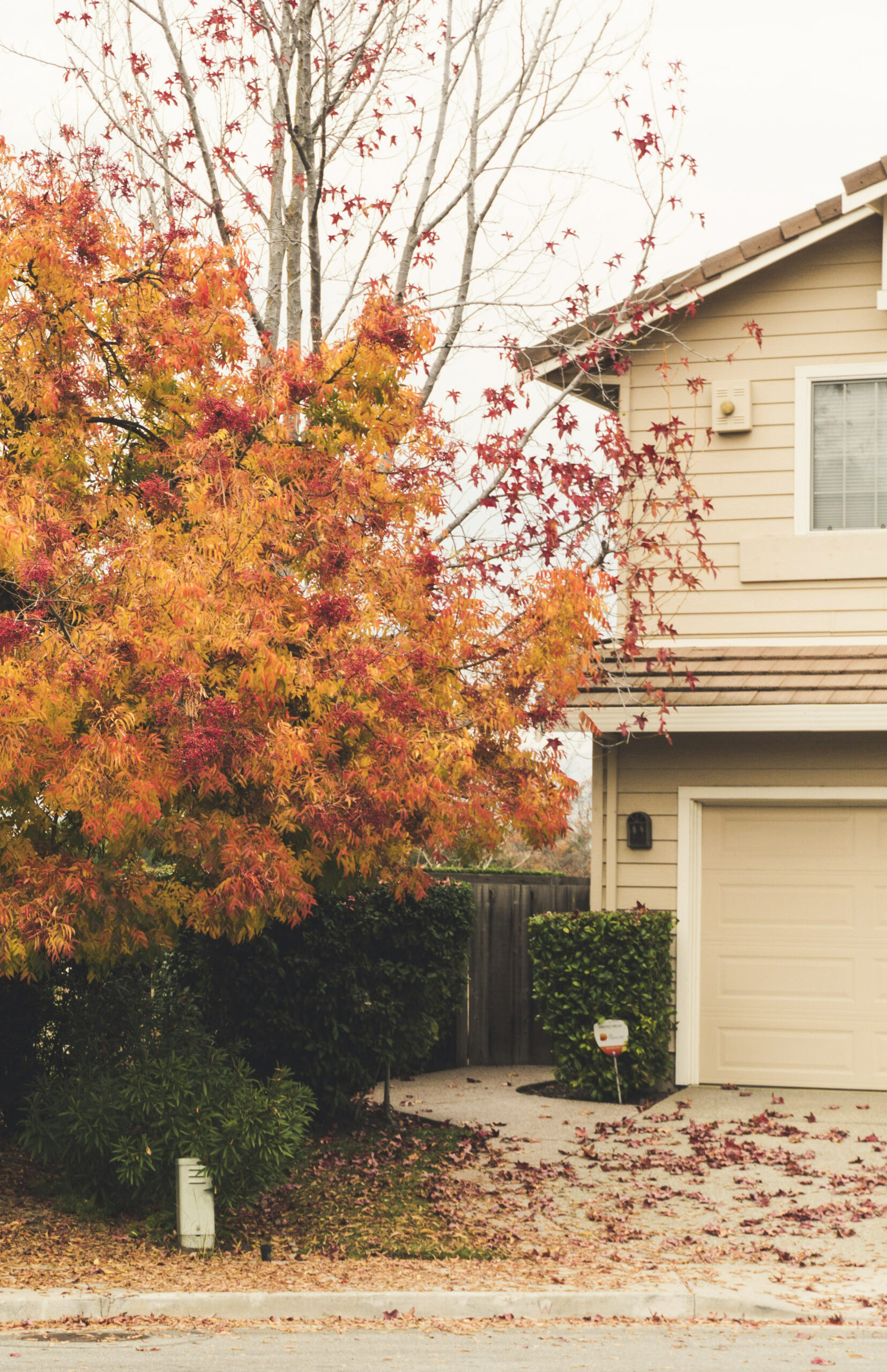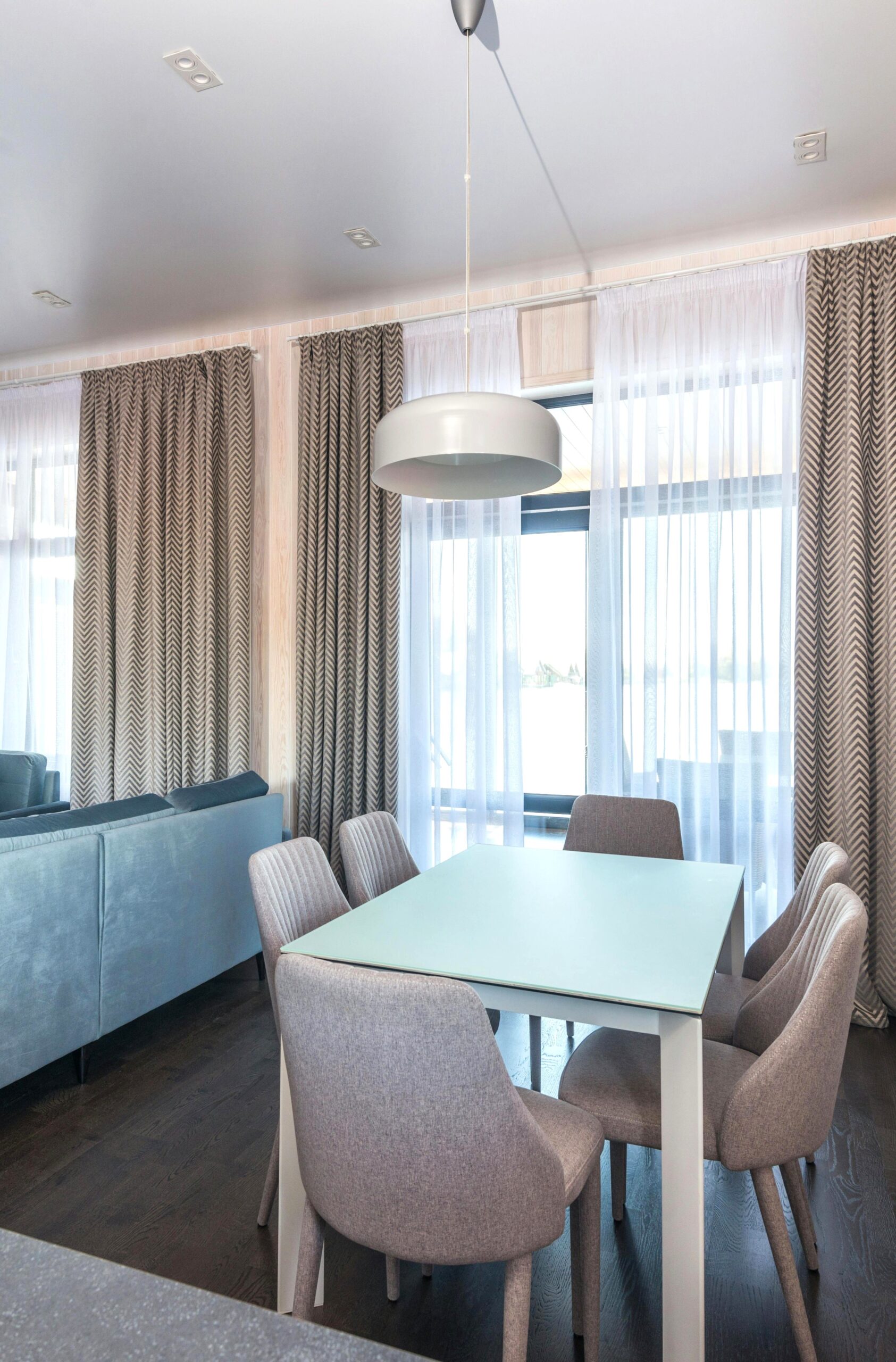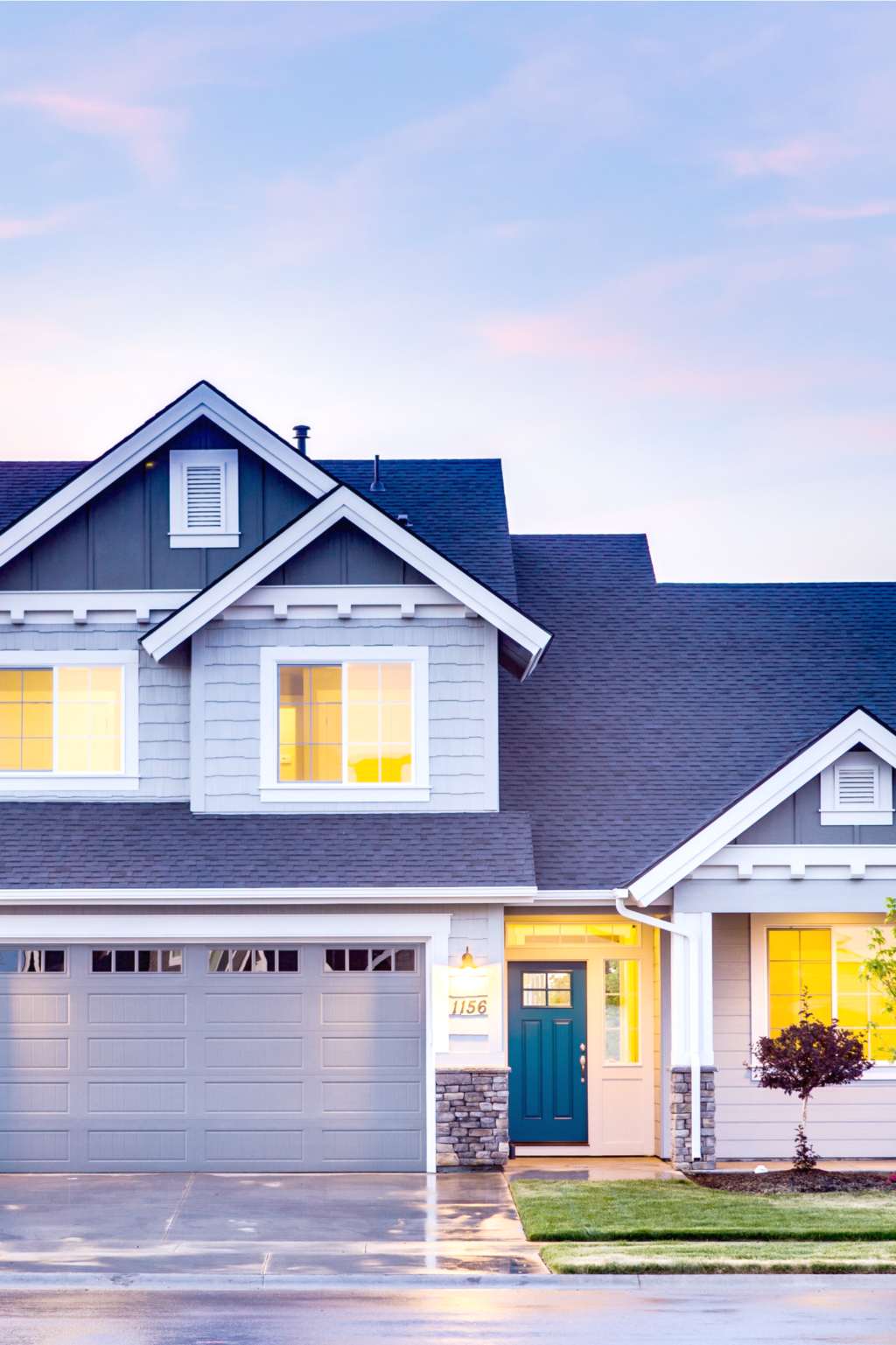Air Conditioner Installation Costs and Benefits
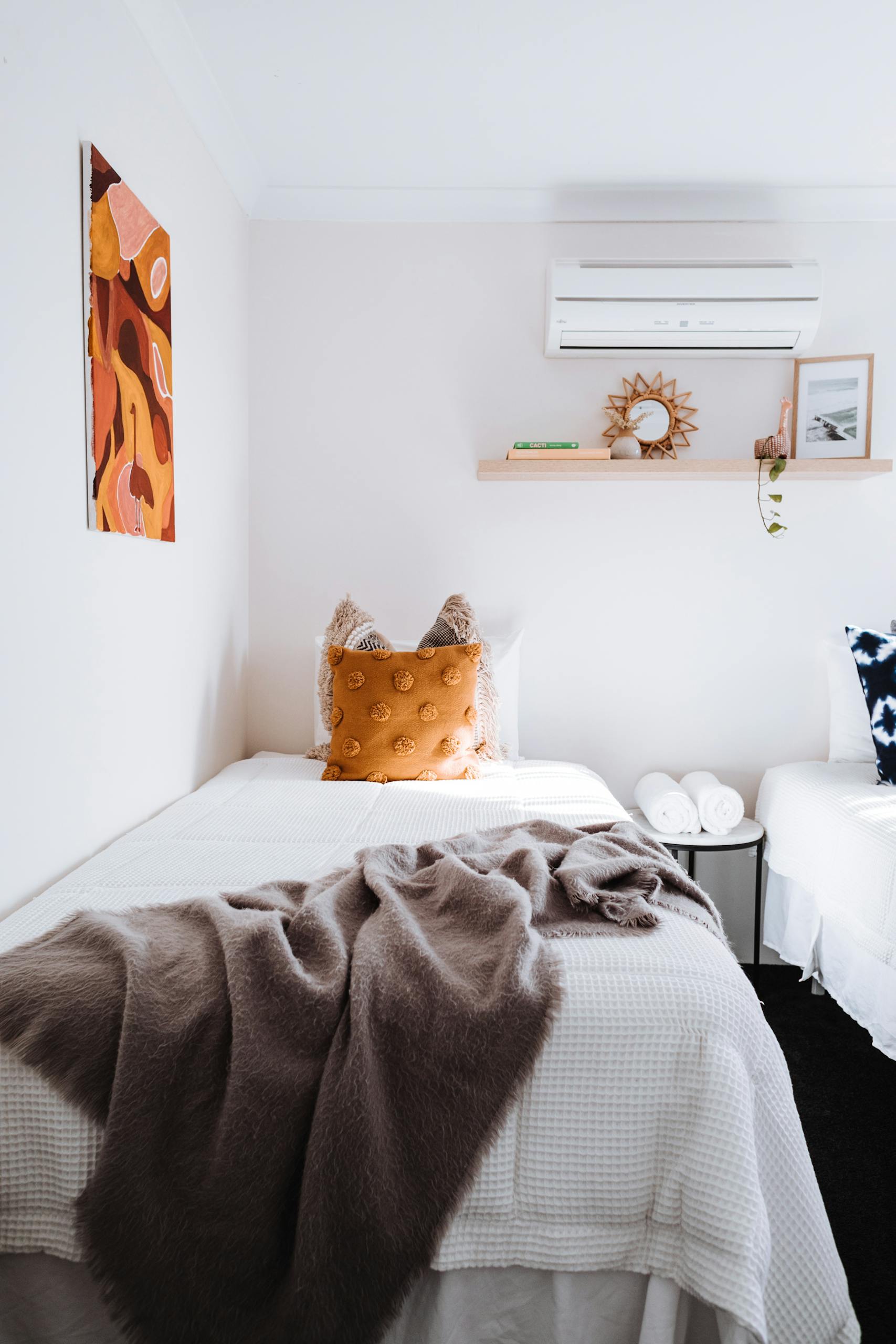
Table of Contents
Why Upgrade?
Adding or upgrading your home’s cooling system can be a transformative experience, offering improved comfort and enhanced property value.
During the hot summer months, an efficient air conditioning system doesn’t just provide relief from the heat; it can radically improve your home environment, allowing everyone to sleep better, be more productive, and enjoy indoor activities without discomfort.
However, before moving forward, it’s important to weigh both the financial commitment and the immediate and long-term benefits involved.
Relying on professional air conditioner installation in Toronto ensures optimal performance, safety, and efficiency for your new system.
Certified technicians are skilled at evaluating the specific needs of each home, recommending appropriately sized units, and ensuring systems are properly installed to prevent costly issues down the line.
Homeowners need to consider numerous variables that affect how much they’ll pay—and ultimately how much they’ll save—in order to make the best choice for their lifestyle and budget.
From the type of air conditioner to the unique characteristics of your living space, each element will influence your installation process and costs.
For instance, whether you are working with an older home that has never had central air or a newer build with efficient ductwork, the process can differ significantly.
Gaining a clear understanding of potential expenses and the wide array of benefits modern AC systems deliver makes it easier to plan your investment.
In addition to comfort, homeowners should also consider how AC efficiency impacts utility bills over the long term.
Taking advantage of available incentives can reduce your upfront costs and increase your ROI over time, improving both immediate affordability and future savings.
Factors Influencing Installation Costs
Type of Air Conditioning System
One of the largest contributors to AC installation cost is the system you select, and today’s market offers more options than ever before.
Window units, while affordable and straightforward to install, generally suit single rooms rather than entire homes, making them best for apartments or temporary cooling solutions.
Central air systems are preferred for whole-house cooling but tend to be more expensive due to their complexity and the need for ductwork.
These systems distribute conditioned air through vents in each room, resulting in consistent temperatures throughout the home.
Split systems, including ductless mini-splits, offer more targeted climate control, helping homeowners avoid costly duct installation or upgrades.
Finally, geothermal and advanced air-source heat pumps provide year-round comfort and outstanding efficiency, but they come at a premium price.
Each technology offers unique pros and cons, so weigh your immediate needs against future expectations before making a decision.
Home Size and Layout
Larger properties call for more powerful systems, which naturally increases costs due to the need for larger units with greater cooling capacities.
In general, the more square footage that needs cooling, the higher the installation price will be. Homes with intricate layouts or multiple levels may require custom ductwork or zoning systems, which can drive up labor and equipment costs.
A multi-story home often requires additional planning, such as multiple zones with their own thermostats or extra trunk lines for ductwork, increasing the complexity of installation.
Properly sizing your AC unit is essential, as an undersized or oversized system will not operate efficiently and could lead to higher repair or energy costs later on.
A professional assessment helps ensure your system matches your home’s needs, maximizing comfort and minimizing future hassles.
Energy Efficiency Ratings
Modern air conditioning systems are rated on their efficiency by the Seasonal Energy Efficiency Ratio (SEER), a key factor that can influence both your upfront and ongoing costs.
A higher SEER rating indicates better energy performance, which usually translates to a higher upfront price.
However, investing in a high-efficiency unit pays off through lower utility bills and reduced environmental impact.
According to the U.S. Department of Energy, upgrading to a unit with a higher SEER can reduce your air conditioning energy consumption by 20% to 40%.
Over the course of an AC’s lifespan, these monthly savings can offset the initial cost difference, making efficiency a wise investment for most households.
Existing Ductwork
If your home already has ductwork in good condition, installing a new central AC system is generally more affordable, since much of the infrastructure needed is already in place.
However, if the ductwork is missing, damaged, or leaky, replacing or repairing it can increase your initial investment.
Duct leaks can account for significant energy loss, so investing in an inspection and necessary repairs helps guarantee you’re maximizing your new AC’s performance.
For homes without preexisting ducts, ductless mini-split systems can be a cost-effective, non-invasive option, offering flexible installation and individual-zone control without the mess or expense of adding new ducts.
Deciding between ducted and ductless solutions depends on your home’s existing structure and your long-term comfort goals.
Benefits of Upgrading to a New Air Conditioning System
Enhanced Energy Efficiency
Modern air conditioners use the latest technology to deliver more cooling with less energy, resulting in year-round cost savings.
Advanced features such as variable-speed compressors, smart thermostats, and programmable controls help reduce waste and lower monthly bills by matching cooling performance to actual demand.
Inverter technology is now standard in many high-end systems, allowing the compressor to modulate its output rather than simply turning on or off.
This energy efficiency not only benefits your wallet but also contributes to environmental sustainability by reducing your household’s carbon footprint.
Lower energy use means fewer greenhouse gas emissions, helping you contribute to global conservation efforts.
Improved Indoor Air Quality
Air quality is a significant consideration for anyone investing in a new AC system, especially those with allergies or respiratory issues.
Many contemporary models include high-performance filters, humidity controls, and air purification technologies that trap allergens, dust, and pollutants before they circulate in your living spaces.
Some models even offer UV light technology to kill microorganisms, providing an added layer of defense against airborne bacteria and viruses.
Upgrading your unit can make a noticeable difference in respiratory comfort, particularly for those living with asthma or allergies.
According to the U.S. Environmental Protection Agency, taking steps to improve indoor air quality, including proper ventilation and filtration, can significantly reduce exposure to common indoor pollutants.
Consistently cleaner air means a healthier home for everyone, especially during periods when opening windows isn’t practical due to poor outdoor air quality or extreme temperatures.
Increased Home Value
A newly installed, efficient air conditioning system is a valuable selling point for any home, especially in regions where summer temperatures soar.
Not only does a modern system provide immediate benefits to daily comfort, but it also offers enhanced comfort and lower operating costs for future buyers.
Prospective homeowners increasingly seek properties with modern, energy-efficient HVAC systems, seeing them as an indication of a well-maintained home and a sign that fewer upgrades will be needed.
Making this upgrade can pay dividends if you decide to sell your property by making your home more attractive and potentially allowing for a higher selling price.
Are You Ready to Upgrade Your AC?
For homeowners looking to improve comfort and lower energy expenses, understanding air conditioner installation costs and benefits is crucial.
By considering system types, your home’s needs, and available financial incentives, you can select a solution that delivers lasting performance and value.
You May Also Like:
- HVAC – What Homeowners Overlook in Heating and Cooling
- How to Increase Energy Efficiency for Your Home
- 7 Tips for Adding More Energy into Your Life
Taking the time to research available systems and consulting with a reputable installer is the best way to ensure your investment is tailored to your unique needs.
Researching upfront and leveraging professional advice helps ensure a smart, stress-free installation that enhances your quality of life for years to come.
With modern AC systems, you can gain improved comfort, better air quality, and potential savings—making this a home upgrade that pays off now and in the future.
Have you considered a new air conditioner?
Sound off below!
—Matt
PIN FOR LATER:
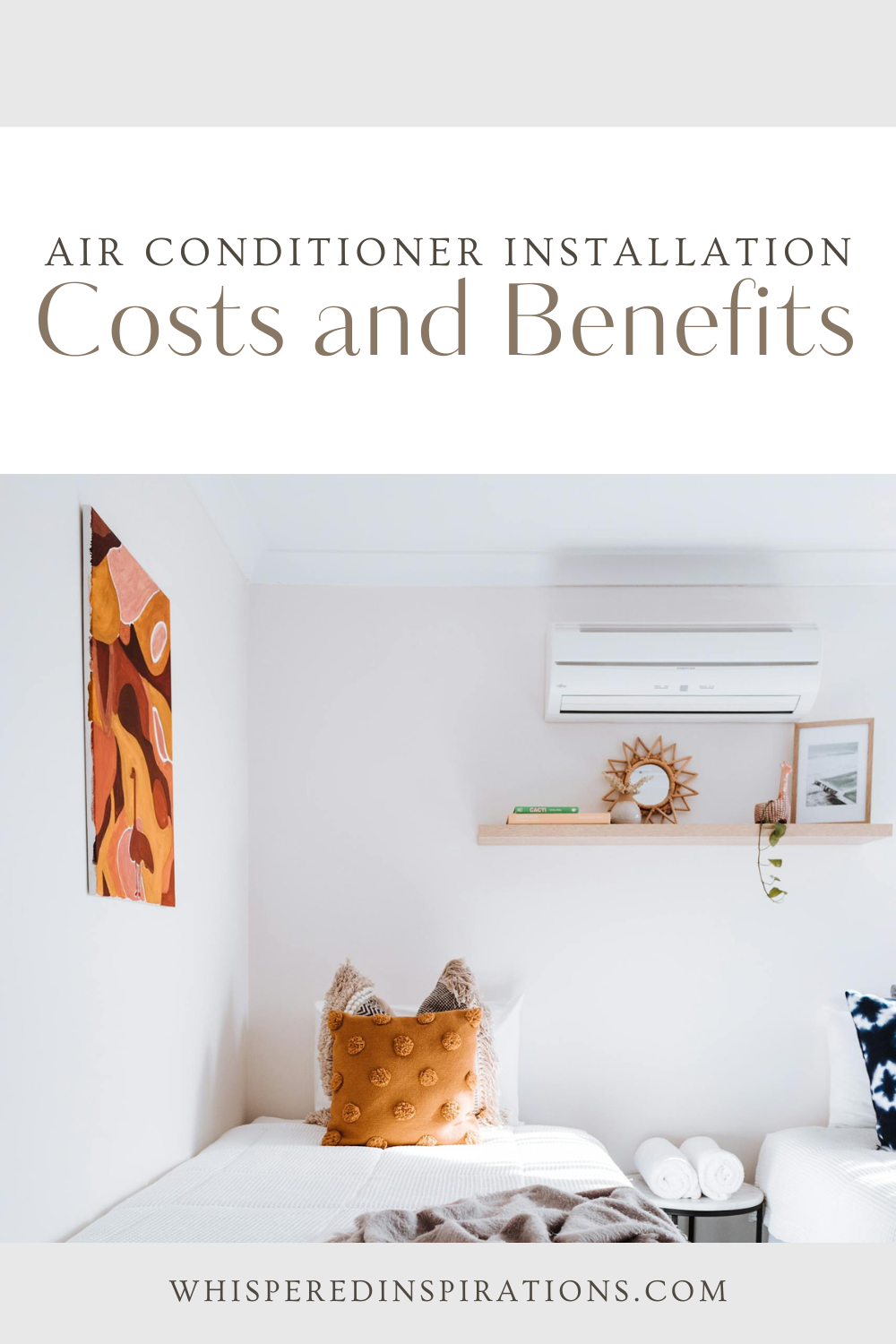
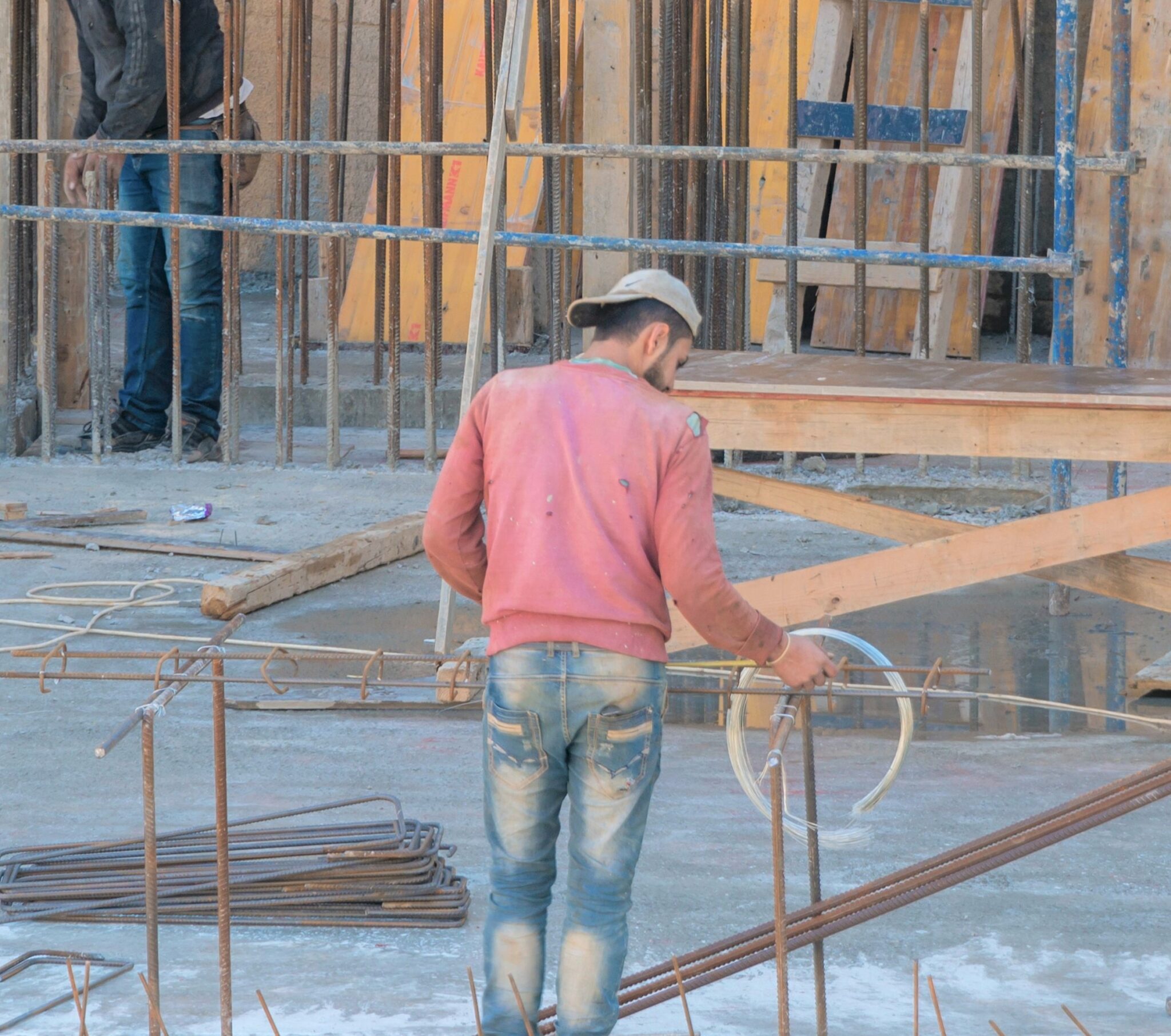
I am a contractor and just a DIY guy in my spare time. I love building things and sharing my knowledge with other DIY’ers. You can do anything you set your mind to! When I am not building or fixing something, I am all about baseball. Go Tigers, go!

